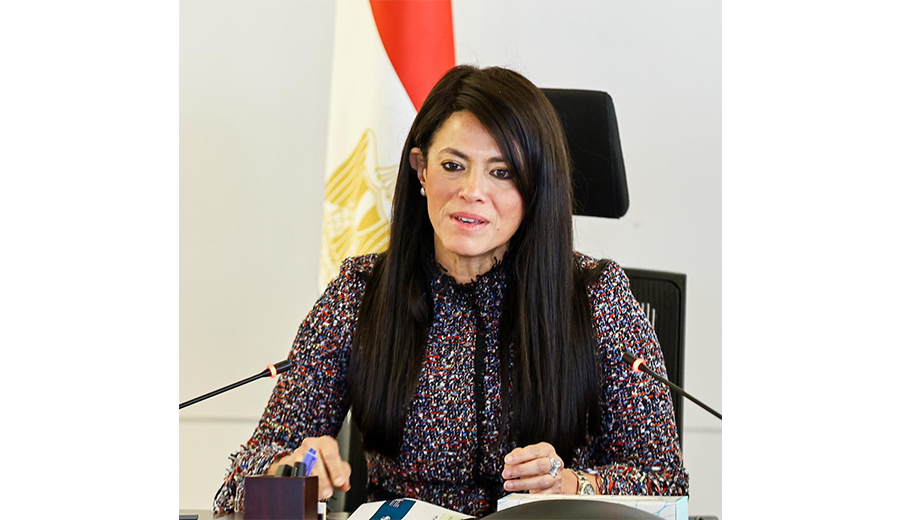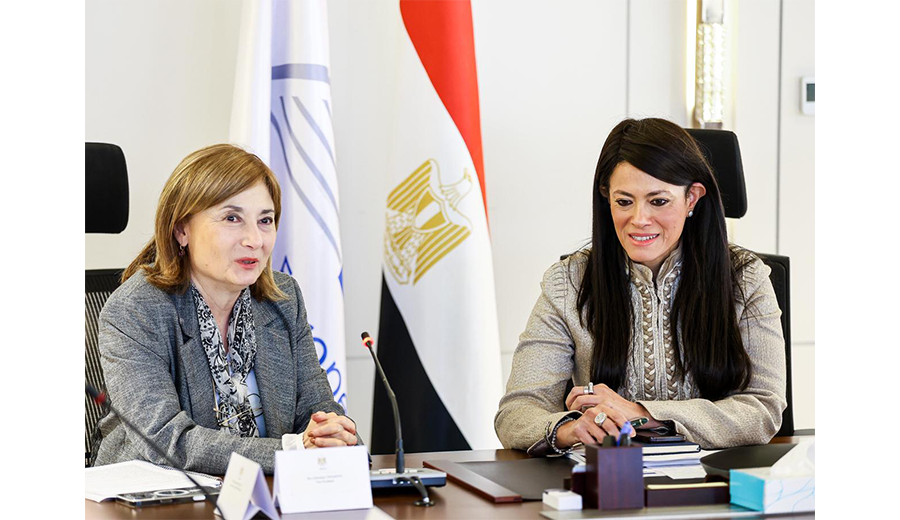Survey data is a wealth of knowledge that serves the purposes of development: Minister of Planning

30 August 2022
H.E. Dr. Hala El-Said, Minister of Planning and Economic Development, witnessed the launch of the results of the eighth edition of the “Egyptian Family Health Survey 2021”, in the presence of Dr. Awad Taj El-Din, Advisor to the President of the Republic, and Dr. Nevin Al-Kabbaj, Minister of Social Solidarity, Major General/ Khairat Barakat, Head of the Central Agency for Public Mobilization and Statistics (CAPMS), and Dr. Ahmed Kamali, Deputy Minister of Planning and Economic Development
During her speech, Dr. Hala El-Said pointed out that the Egyptian Family Health Survey began its implementation in 1988, and it comes within the series of surveys and valuable statistics carried out by CAPMS, through which the agency continues to make its rich contributions to provide and develop comprehensive and specialized databases at the national level.El-Said confirmed that the indicators provided by this survey will help decision-makers in drawing up population and health policies and programs, as well as the indicators required to implement the programs and projects of the sustainable development strategy (Egypt Vision 2030), adding that there is no development without planning or planning without an accurate diagnosis of reality and performance to put treatments.
The Minister of Planning confirmed that the clear improvement in the indicators of the household survey confirms the effectiveness of programs and projects aimed at improving the conditions of Egyptian women and families during the past few years.
El-Said added that the Egyptian Family Health Survey 2021 in Egypt is considered one of the important specialized surveys because it provides data and indicators in various aspects related to the demographic and health variables of the family.
El-Said explained that this project comes within the framework of the state’s efforts to achieve comprehensive and sustainable development, and to maximize the return achieved for the citizen from the fruits of this development, by taking into account the balance between population growth and available resources, a balance that ensures maximizing the benefit of the current human wealth enjoyed by the Egyptian society.
El-Said pointed out that the state’s keenness and efforts to increase per capita income and expenditures on education, health, housing, transportation, and its quest to reduce unemployment rates, achieve food security and confront the disparity in development indicators between different regions and governorates collides with the reality of increasing population growth rates, which not only affect the population.
El-Said concluded her speech by emphasizing that within the framework of the evidence-based planning approach, the survey, the results of which we are about to release today, is of great importance, especially as it works to update and expand the health database because it is one of the most important sources of information that benefit the health sector in particular and some authorities in general.
Among the most important indicators provided by this survey are indicators of reproductive health, fertility rates, use of family planning methods, indicators of benefiting from antenatal care services, and nutritional status, in addition to indicators related to the general health status of children, such as levels of vaccinations as well as health care for the mother and child after birth.









